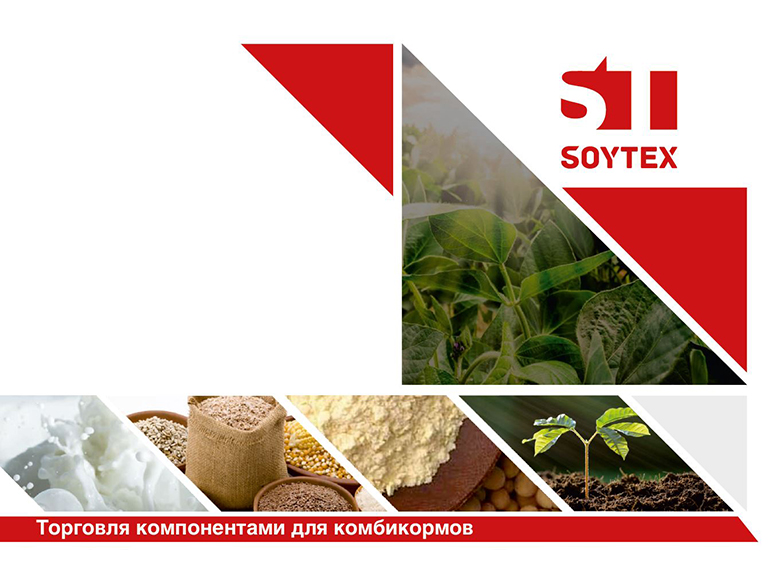Niche crops include oilseeds, grains and legumes, the production volumes of which are many times less than those of the main crops - wheat, corn, barley, soybeans, rapeseed and sunflower. We offer the following niche crops:
LENTILS

Large-seeded lentil varieties are mainly used for food purposes, while small-seeded varieties are used for livestock feed.
Lentils are rich in vitamins and microelements. The protein contained in lentils is easily absorbed by the body. Of all the legumes, they contain the most iron, vitamin B1 and amino acids.
We supply red and green lentils.
PEAS

Yellow peas are one of the main leguminous crops.
They consist of proteins containing essential amino acids. Peas also contain large amounts of fats, vitamin C, starch, B vitamins, carotene, inositol and choline.
They are widely used as food and feed crop.
CHICKPEAS
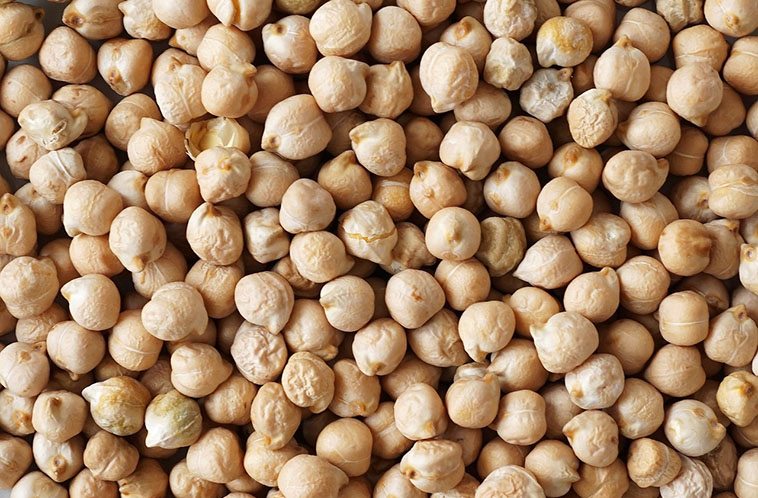
The main component of chickpeas is high-quality, easily digestible protein of plant origin, which is put on a par with poultry protein and some meat products. They contain polyunsaturated fatty acids, lysine, vitamins A, C, B vitamins, as well as mineral elements.
FLAX SEEDS
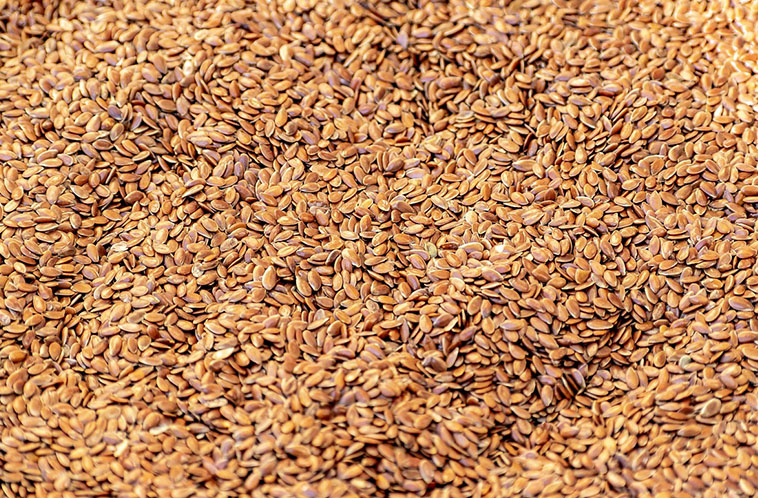 Flax seeds are a rich source of omega-3, omega-6 and omega-9 fatty acids. The seeds also contain soluble fiber and easily digestible carbohydrates (glucose and sucrose). They contain proteins, vitamins, oils and organic acids.
Flax seeds are a rich source of omega-3, omega-6 and omega-9 fatty acids. The seeds also contain soluble fiber and easily digestible carbohydrates (glucose and sucrose). They contain proteins, vitamins, oils and organic acids.
BUCKWHEAT
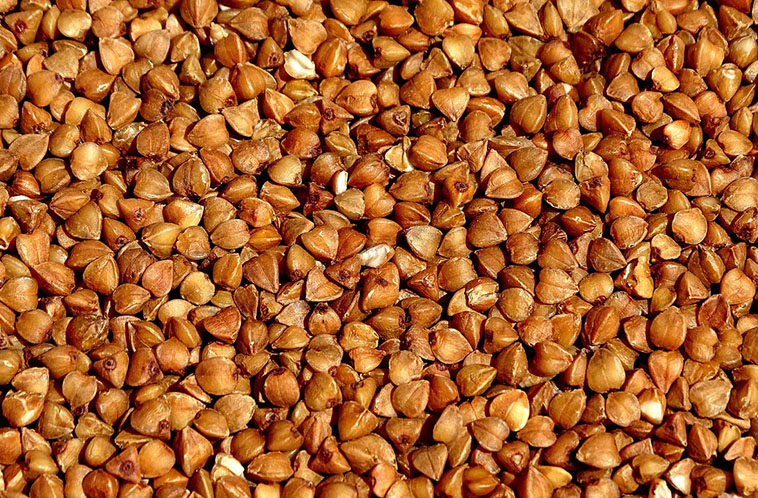 Buckwheat contains fiber, healthy carbohydrates, essential amino acids and lecithin.
The protein composition of buckwheat is comparable in some respects to meat, as well as legumes (peas, kidney beans and fava beans).
Buckwheat contains fiber, healthy carbohydrates, essential amino acids and lecithin.
The protein composition of buckwheat is comparable in some respects to meat, as well as legumes (peas, kidney beans and fava beans).
SAFFLOWER
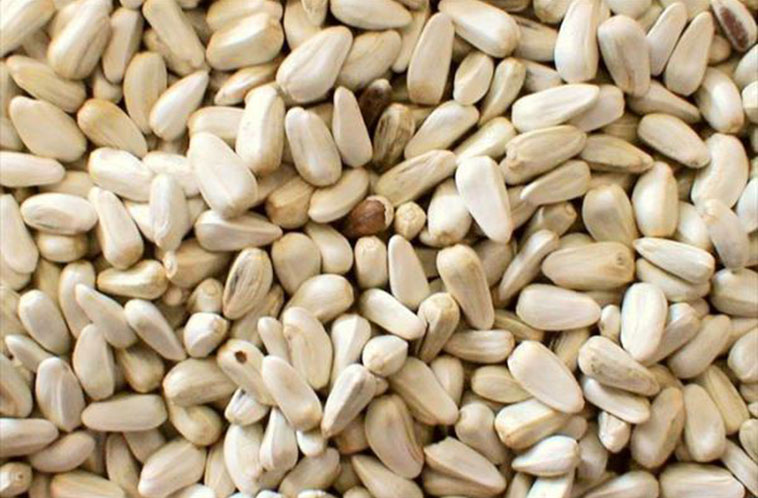 Safflower is widely used to produce oil for food industry and medicine. It is also used as feed for livestock and birds.
The nutritional value of this plant is especially high because it contains protein, fats, carbohydrates, minerals (iron, vitamin C, carotene), as well as B vitamins.
Safflower is widely used to produce oil for food industry and medicine. It is also used as feed for livestock and birds.
The nutritional value of this plant is especially high because it contains protein, fats, carbohydrates, minerals (iron, vitamin C, carotene), as well as B vitamins.




